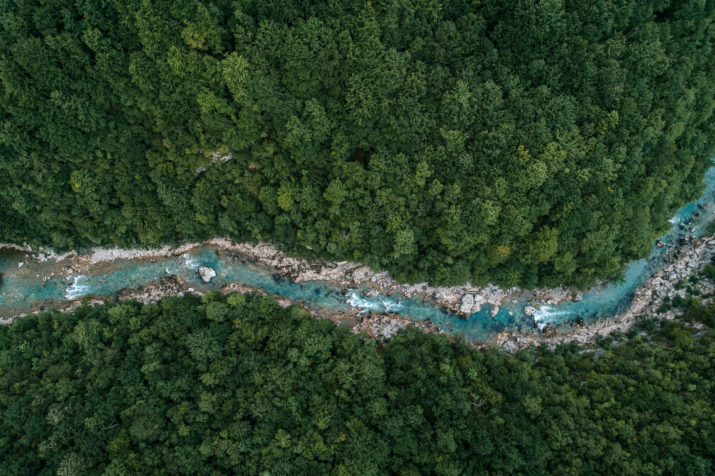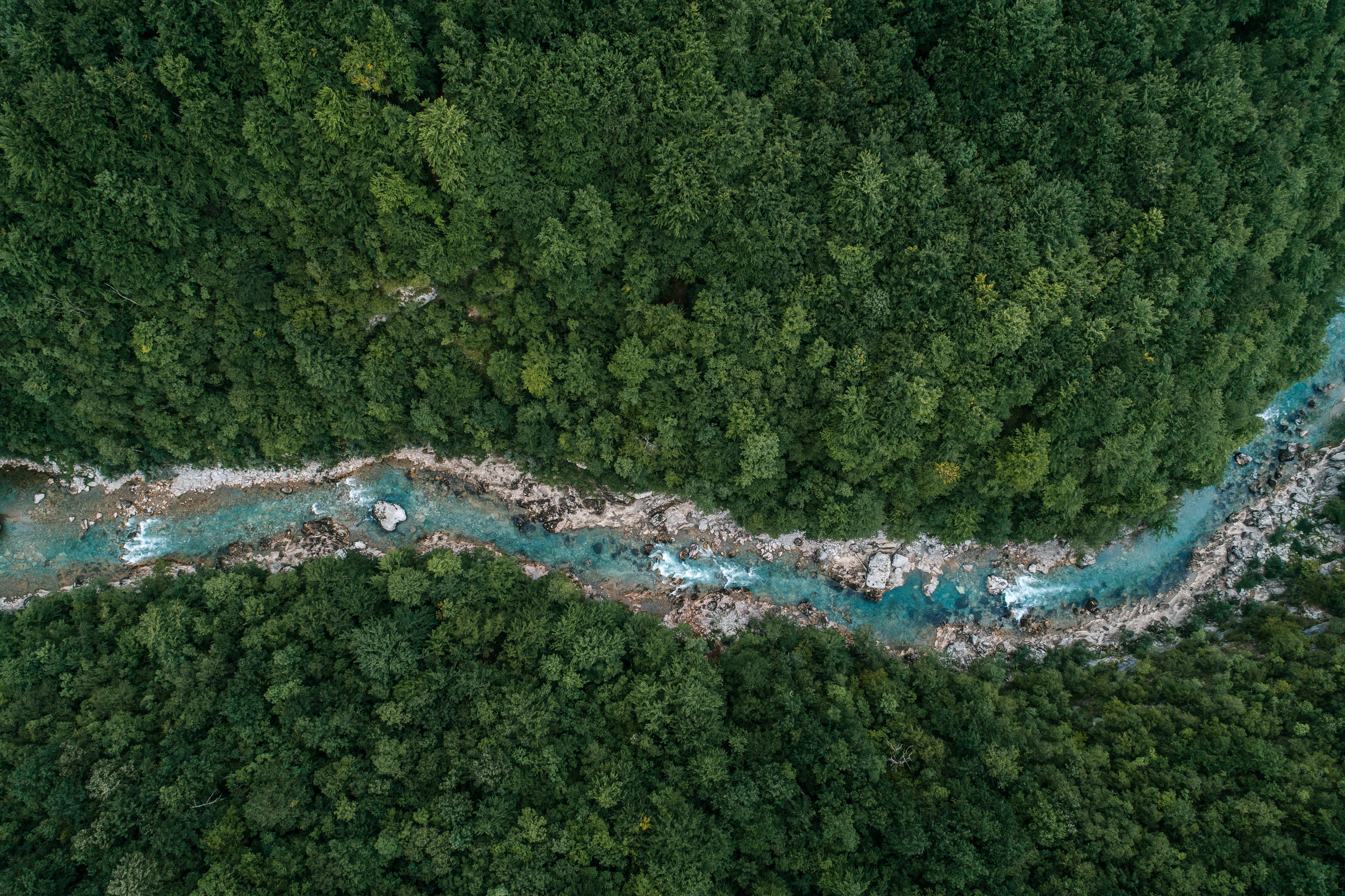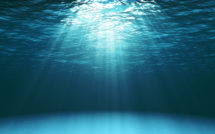

This is part of our Campus Spotlight on the Global Water Initiative at the University of Virginia.
Assignments:
- Participation (20%)
- Weekly Questions (10%) due each Tuesday by 10am
- Weekly journal (5%) due each week by Wednesday at 10am
- Weekly Reading Responses (15%) due each Thursday by 5pm
- Short Paper (1000 words) (15%) due March 15 at midnight
- Research Paper (2500 words) (30%)
- Bibliography and proposal due April 10
- Draft due April 23
- Peer Review due April 25
- Final due May 9
- Presentation (5%)
Books:
John Arnold, History: A Very Short Introduction
Richard White, The Organic Machine: The Remaking of the Columbia River
Steven Johnson, The Ghost Map
Week 1: January 24: Introduction
Week 2: January 31: Thinking About History
John Arnold, History: A Very Short Introduction
UN Resolution 64/292. The human right to water and sanitation (2010)
Week 3: February 7: Thinking About Water
Jamie Linton, “Intimations of Modern Water,” from What is Water? The History of a Modern Abstraction (2010); Christopher Hamlin, “‘Waters’ or ‘Water’?: Master Narratives in Water History and their Implications for Contemporary Water Policy,” (2000)
Primary: William Lambe, “An Investigation into the Properties of the Thames Water,” (1828) Film: Edward Burtynsky, Watermark
Week 4: February 14: Rivers
Richard White, The Organic Machine: The Remaking of the Columbia River
Week 5: February 21: Rivers and Development
David Biggs, “Reclamation Nations: The U.S. Bureau of Reclamation’s Role in Water Management and Nation Building in the Mekong Valley, 1945-1975”; Richard Tucker, “Containing Communism by Impounding Rivers: American Strategic Interests and the Global Spread of High Dams in the Early Cold War”
Primary: Michael Straus, “Water: The Key Resource,” from Why Not Survive? (1955); Willard Espy, “Dams for the Floods of War: TVA’s are needed in many backward lands to raise living standards and to promote peace,” New York Times (1947)
Week 6: February 28: The American West and the Colorado River Now
David Owen “When the River Runs Dry,” from the New Yorker (2015); Alexis Madrigal, “American Aqueduct: The Great California Water Saga,” from The Atlantic (2014); Vörösmarty et al, “Global Threats to Human Water Security and River Biodiversity” (2010)
Film: Cadillac Desert: Water and the Transformation of Nature – The Mercy of Nature OR Killing the Colorado
Week 9: March 21: Cities: Cholera and London
Steven Johnson, The Ghost Map, 1-138
Week 10: March 28: Cities: Cholera and London
Steven Johnson, The Ghost Map, 139-256
In class: John Simon, “Report on the Last Two Cholera Epidemics of London, As Affected by the Consumption of Impure Water” (1856)
Week 11: April 4: Cities in the Global South
Karen Bakker, “Constructing ‘Public’ Water: The World Bank, Urban Water Supply, and the Biopolitics of Development”; Colin McFarlane, “Governing the Contaminated City: Infrastructure and Sanitation in Colonial and Post-Colonial Bombay”; Matthew Gandy, “The Bacteriological City and its Discontents”
In class: FILM: Matthew Gandy, Liquid City
Published on December 11, 2018.




